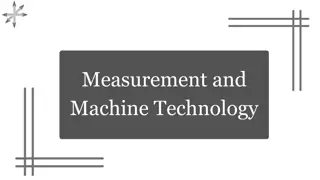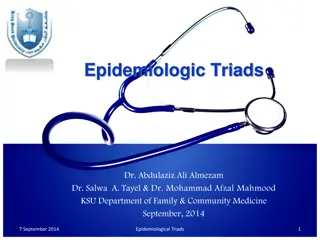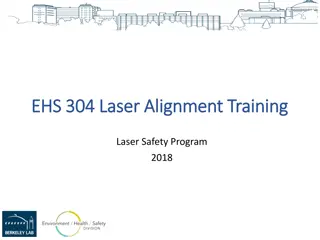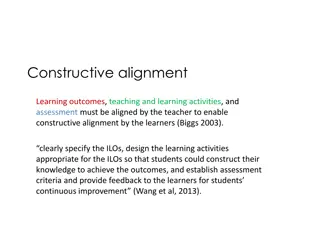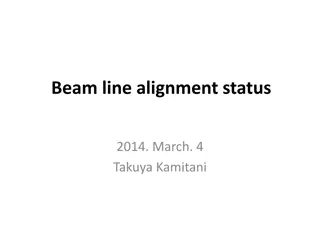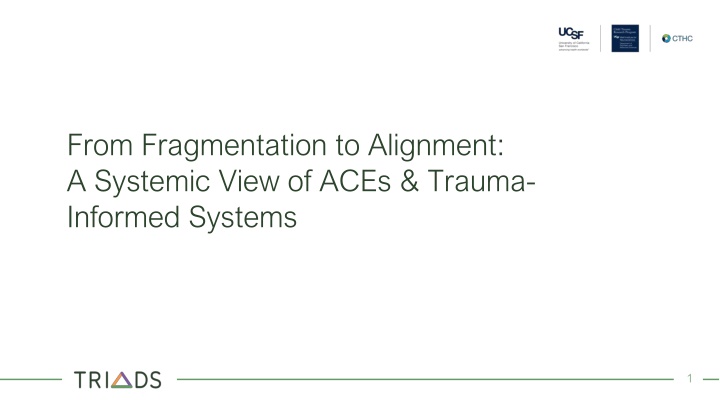
Promoting Sustainable Organizational Culture Change through Trauma-Informed Initiatives
Explore the journey from fragmentation to alignment in understanding ACEs and trauma-informed systems. Discover the importance of addressing environmental trauma and promoting reflective spaces for healing organizations. Learn how to align initiatives for sustainable organizational culture change, focusing on ACEs, trauma-informed care, screening/response, and racial equity and justice.
Download Presentation

Please find below an Image/Link to download the presentation.
The content on the website is provided AS IS for your information and personal use only. It may not be sold, licensed, or shared on other websites without obtaining consent from the author. If you encounter any issues during the download, it is possible that the publisher has removed the file from their server.
You are allowed to download the files provided on this website for personal or commercial use, subject to the condition that they are used lawfully. All files are the property of their respective owners.
The content on the website is provided AS IS for your information and personal use only. It may not be sold, licensed, or shared on other websites without obtaining consent from the author.
E N D
Presentation Transcript
From Fragmentation to Alignment: A Systemic View of ACEs & Trauma- Informed Systems 1
This slide deck was created and presented by Ken Epstein, PhD LCSW, through his work with Trauma Transformed and CALQIC. 2
Our North Star Understanding the connection between trauma-informed care principles allows organizations to promote healing at different levels Trauma Inducing Trauma Reducing Trauma-Organized Trauma-Informed Healing Organization - - - - - Reactive Reliving / Retelling Avoiding / Numbing Inequity Authoritarian Leadership - Understanding of the Nature of the Impact of Trauma Recovery Shared Language Recognizing Socio-Cultural Trauma and Structural Oppression - - - - Reflective Making Meaning Out of the Past Growth + Prevention-Oriented Collaborative, Equity, and Accountability Relational Leadership - - - 3
Environmental Trauma People experience trauma at different levels Sociocultural, Institutional,and Historical Traumas Community Traumas Individual and Family Trauma (including ACEs) (including ACEs) Individual and Family Trauma 4
The path to reflective spaces in reactive places The path from trauma-informed to healing organizations is not linear. It is personal, organizational, systemic, and generational. Photo by Luca Bravo on Unsplash 5
How would you align these initiatives to promote sustainable organizational culture change? ACEs Trauma Informed Care Screening and Response Racial Equity and Justice 6
An entryway for trauma informed care 7
The 3 Cs Connection Coherence Collaboration Meet each other with compassion and respect No one can upshift from survival brain into thinking brain unless we feel safe We re wired to heal together, therefore we need to collaborate 8
A resilient organization is able to adapt and thrive in times of uncertainty, pressure and ambiguity. Succeeding as an organization is much more likely when we build resilience into our strategy, culture and day-to-day practices. A resilient organization enables individual resilience. The Resilience Institute Bloom & Farragher, 2013 9



